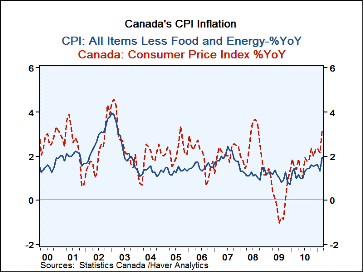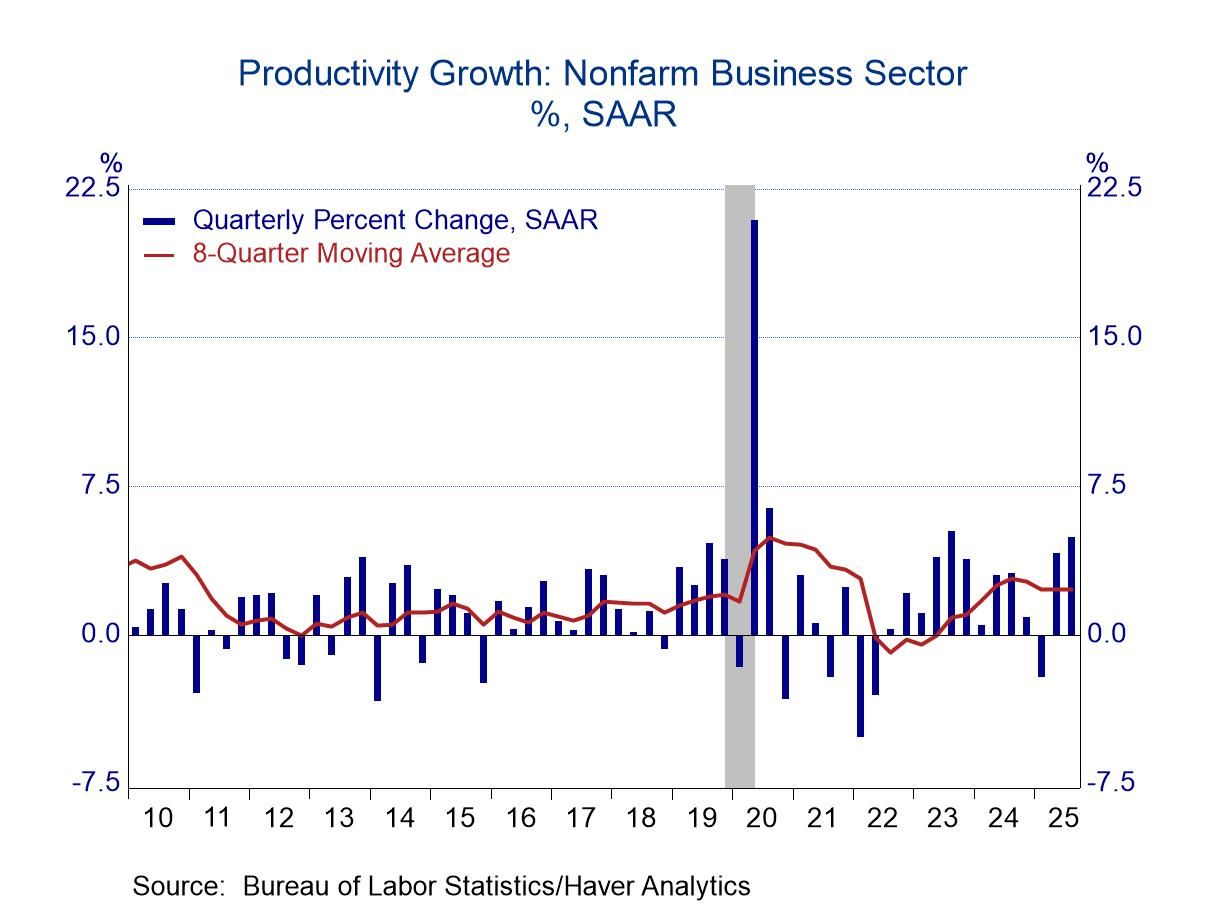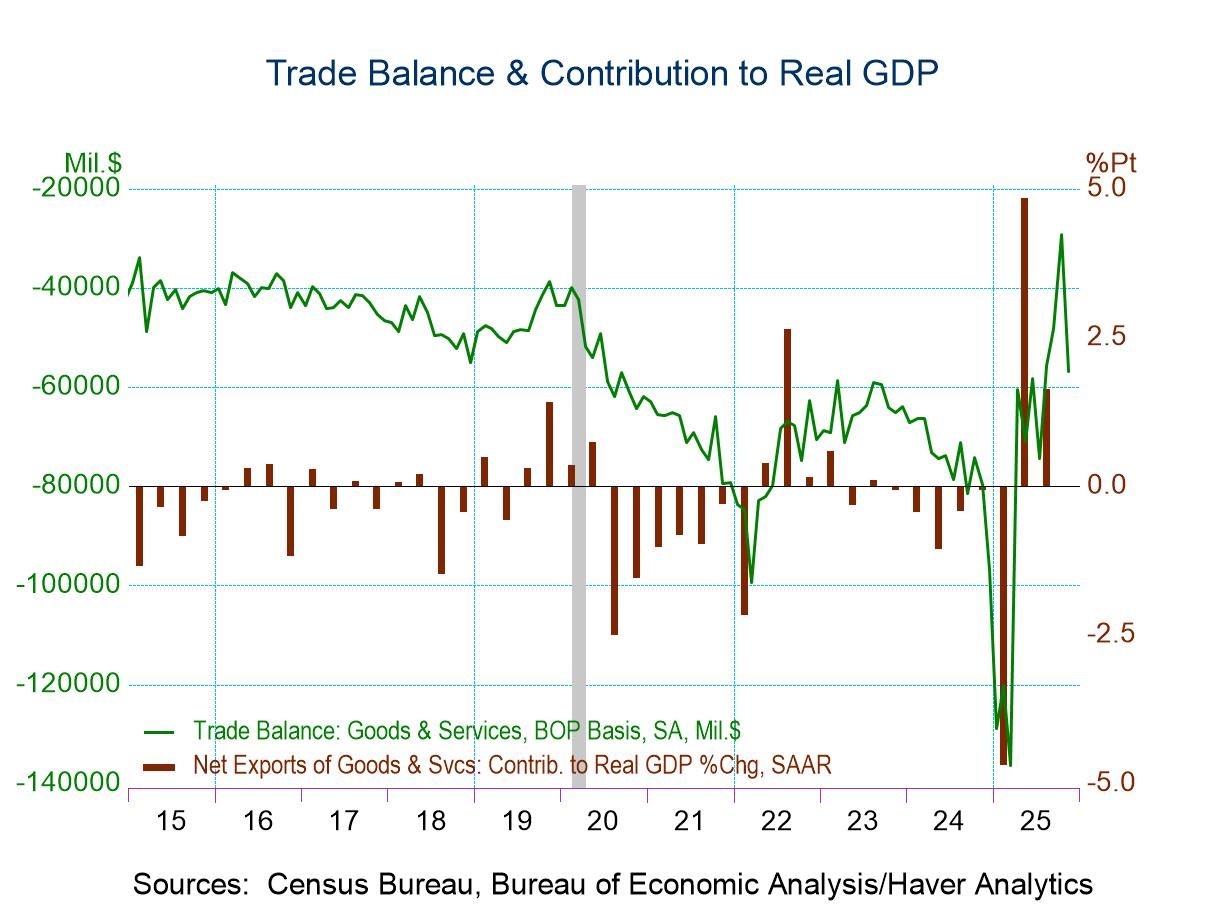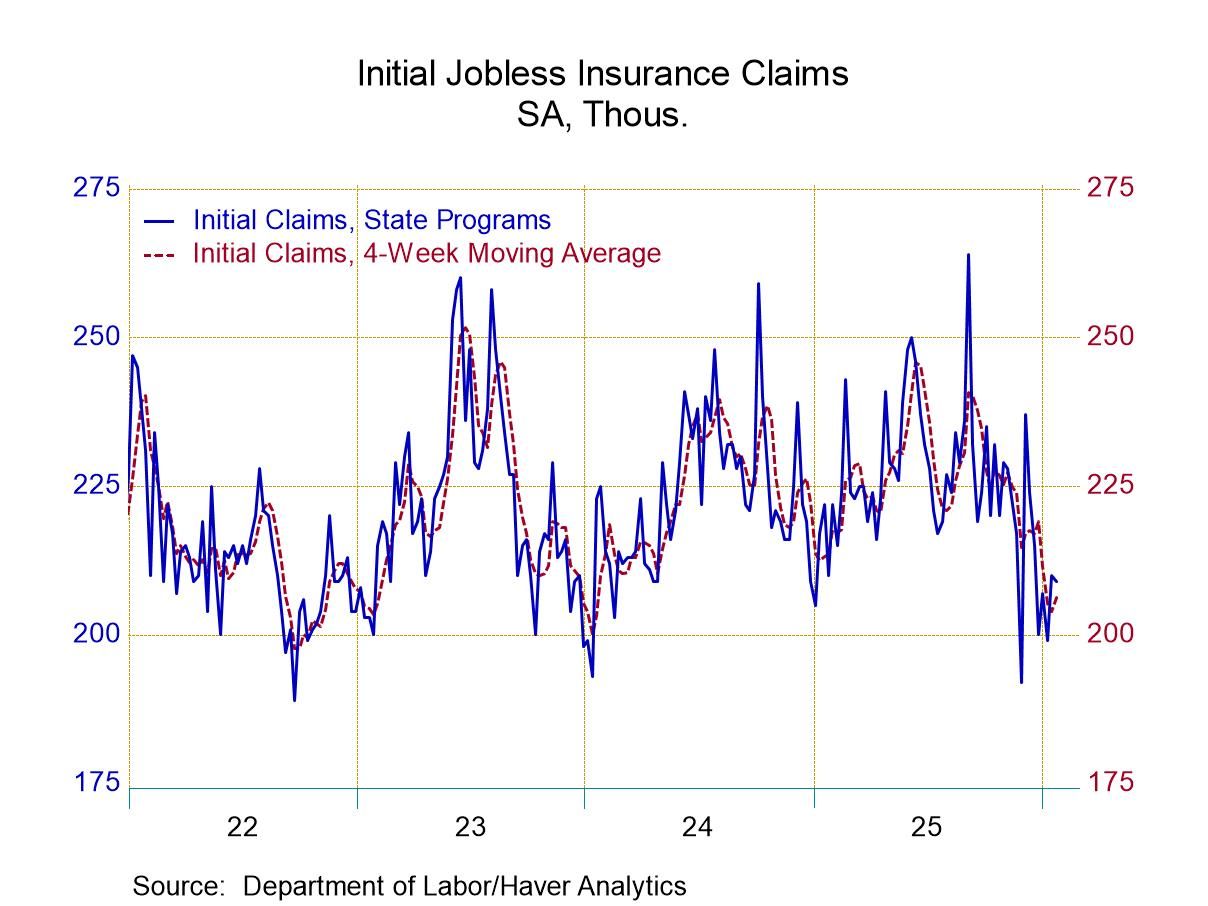 Global| Apr 19 2011
Global| Apr 19 2011Canada's Inflation Takes Hold If Not Flight
Summary
Canada offers various measures of inflation but they all agree that the rate of inflation is on the rise. Inflation accelerated across most categories in February and did it again in March. Yet inflation is not broadly higher over [...]
 Canada offers various measures of inflation but they all agree that the rate of inflation is on the rise. Inflation
accelerated across most categories in February and did it again in March. Yet inflation is not broadly higher over three-months
compared to six months. During that period core inflation did rise, elevating itself to 2.5% over three months from 2.1% over six
months while headline inflation actually settled back at a rise of 4.5% compared to 4.9% over six months. Inflation did not accelerate
across most categories on a three-month to six-month comparison. Canada's CPI X that trims eight volatile items from the index is
pounding higher at an even faster pace, albeit not as strong over 12-months as the core and headline increases. If the CPIx is the
arbiter of trends it is showing a new virulence to inflation over the past three-months. Having lower inflation Yr/Yr is not much of a
comfort if it means inflation is surging even faster over three-months.
Canada offers various measures of inflation but they all agree that the rate of inflation is on the rise. Inflation
accelerated across most categories in February and did it again in March. Yet inflation is not broadly higher over three-months
compared to six months. During that period core inflation did rise, elevating itself to 2.5% over three months from 2.1% over six
months while headline inflation actually settled back at a rise of 4.5% compared to 4.9% over six months. Inflation did not accelerate
across most categories on a three-month to six-month comparison. Canada's CPI X that trims eight volatile items from the index is
pounding higher at an even faster pace, albeit not as strong over 12-months as the core and headline increases. If the CPIx is the
arbiter of trends it is showing a new virulence to inflation over the past three-months. Having lower inflation Yr/Yr is not much of a
comfort if it means inflation is surging even faster over three-months.
While the Bank of Canada had been looking for inflation to reach 3% by June the headline is well past that pace with the three-month pace of core inflation coming up to a 2.5% annual rate over three-months. Still the central bank has kept its Keynesian position that economic slack would keep prices from continuing to escalate and that inflation would settle down closer to the 2% mark by mid-2012. One wonders if the Bank is still so sanguine?
At some point when inflation overshoots your intermediate goal or target you have to recalibrate your forecast and when you are the central bank that could mean re-calibrating your policy as well. This inflation result would seem to pressure the Bank of Canada to move. Still, the UK has seen a greater overshooting than this and has stood on the sidelines. But the upshot of that policy may not be what the Bank of Canada would want to emulate. Moreover the UK has an austerity programs in place along with plunging money supply measures. Canada's economy has been a bit firmer even admitting that the monthly LEI has just taken a spill.
On one hand Canada is a natural resource producing country and commodity prices are flying; that should imply upward pressure on the Canadian aggregate price level. On the other hand Canada trades extensively with the US and core inflation in the US has been surprisingly well contained despite all the pressure in commodity prices. This connection should exert some discipline on Canadian inflation but would that be enough?
At the end of the day the Bank of Canada will have to take sides on these issues and choose. To me the inflation pressures seem clear and widespread enough to be a worry and Yr/Yr price increases substantial enough to warrant action. Procrastination does seem to offer much of a payoff at this point.
| Canada's CPI and Core Inflation | |||||||
|---|---|---|---|---|---|---|---|
| % Mo/Mo | % SAAR | ||||||
| Mar-11 | Feb-11 | Jan-11 | 3-MO | 6-MO | 12-MO | Yr Ago | |
| Al Items | 0.8% | 0.0% | 0.3% | 4.5% | 4.9% | 3.2% | 1.4% |
| CPI Core | 0.3% | 0.2% | 0.2% | 2.5% | 2.1% | 2.0% | 1.0% |
| All items Excl 8 Volatile(CPIx) | 0.7% | 0.2% | 0.0% | 3.5% | 2.1% | 1.7% | 1.7% |
| RPIxseas food | -0.3% | 0.6% | 0.2% | 2.2% | 3.9% | 4.1% | 4.3% |
| Food & Non Alcohol Bev | 1.6% | 0.2% | 0.4% | 9.3% | 5.2% | 3.3% | 1.2% |
| Shelter | 0.1% | 0.0% | -0.1% | 0.0% | 1.1% | 2.4% | -0.7% |
| Clothing&Footwear | 2.1% | 0.0% | -1.2% | 3.5% | 3.6% | 0.3% | -2.2% |
| Education | 0.4% | 0.3% | 0.2% | 3.9% | 3.9% | 3.7% | 4.2% |
| Health&Personal Care | 0.3% | 0.3% | -0.1% | 2.4% | 1.7% | 2.5% | 2.7% |
| Transportation | 0.4% | 0.1% | 0.2% | 2.8% | 4.6% | 3.1% | 1.5% |
| A RED highlight indicates inflation accelerating from pace of previous horizon | |||||||
Robert Brusca
AuthorMore in Author Profile »Robert A. Brusca is Chief Economist of Fact and Opinion Economics, a consulting firm he founded in Manhattan. He has been an economist on Wall Street for over 25 years. He has visited central banking and large institutional clients in over 30 countries in his career as an economist. Mr. Brusca was a Divisional Research Chief at the Federal Reserve Bank of NY (Chief of the International Financial markets Division), a Fed Watcher at Irving Trust and Chief Economist at Nikko Securities International. He is widely quoted and appears in various media. Mr. Brusca holds an MA and Ph.D. in economics from Michigan State University and a BA in Economics from the University of Michigan. His research pursues his strong interests in non aligned policy economics as well as international economics. FAO Economics’ research targets investors to assist them in making better investment decisions in stocks, bonds and in a variety of international assets. The company does not manage money and has no conflicts in giving economic advice.






